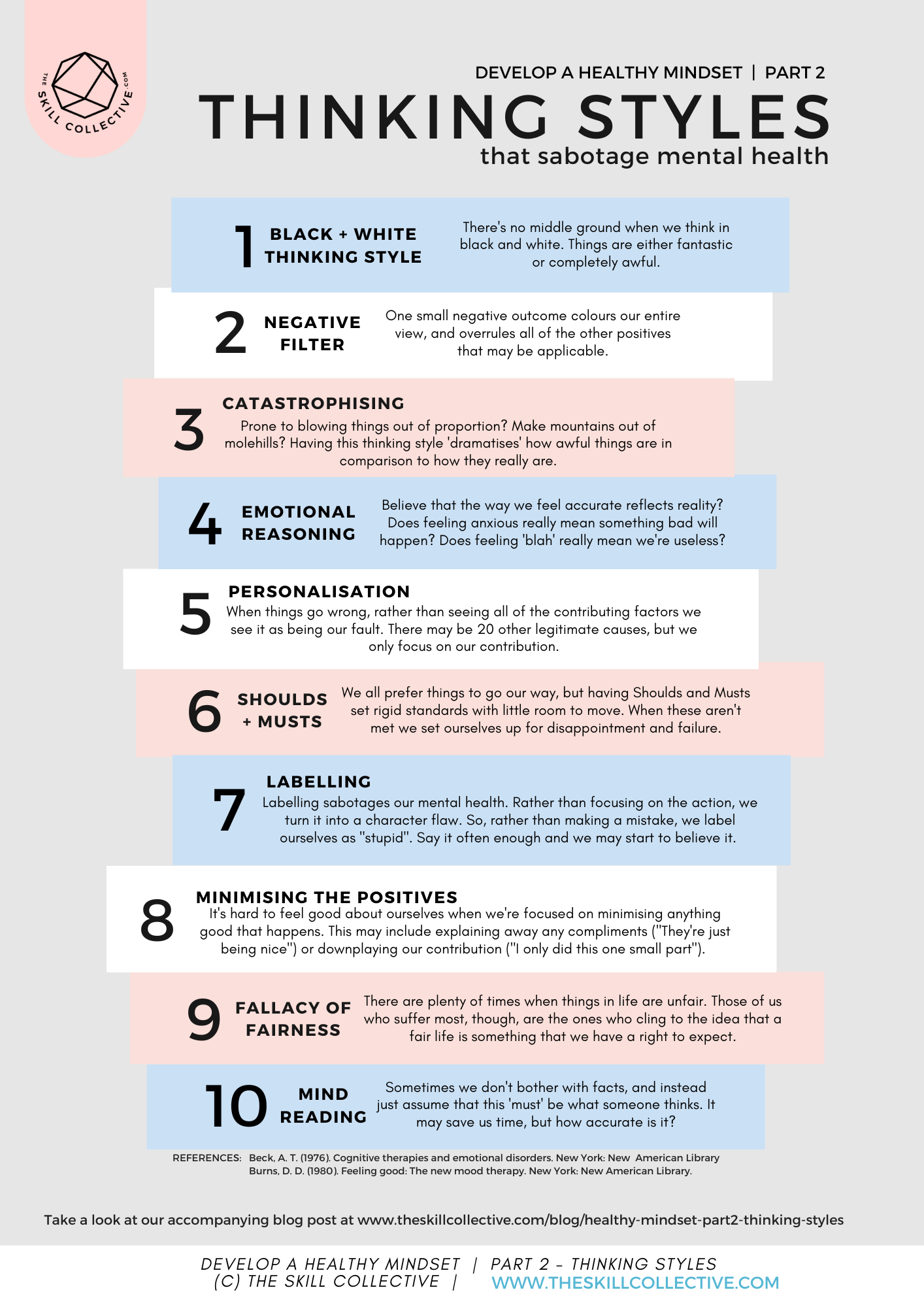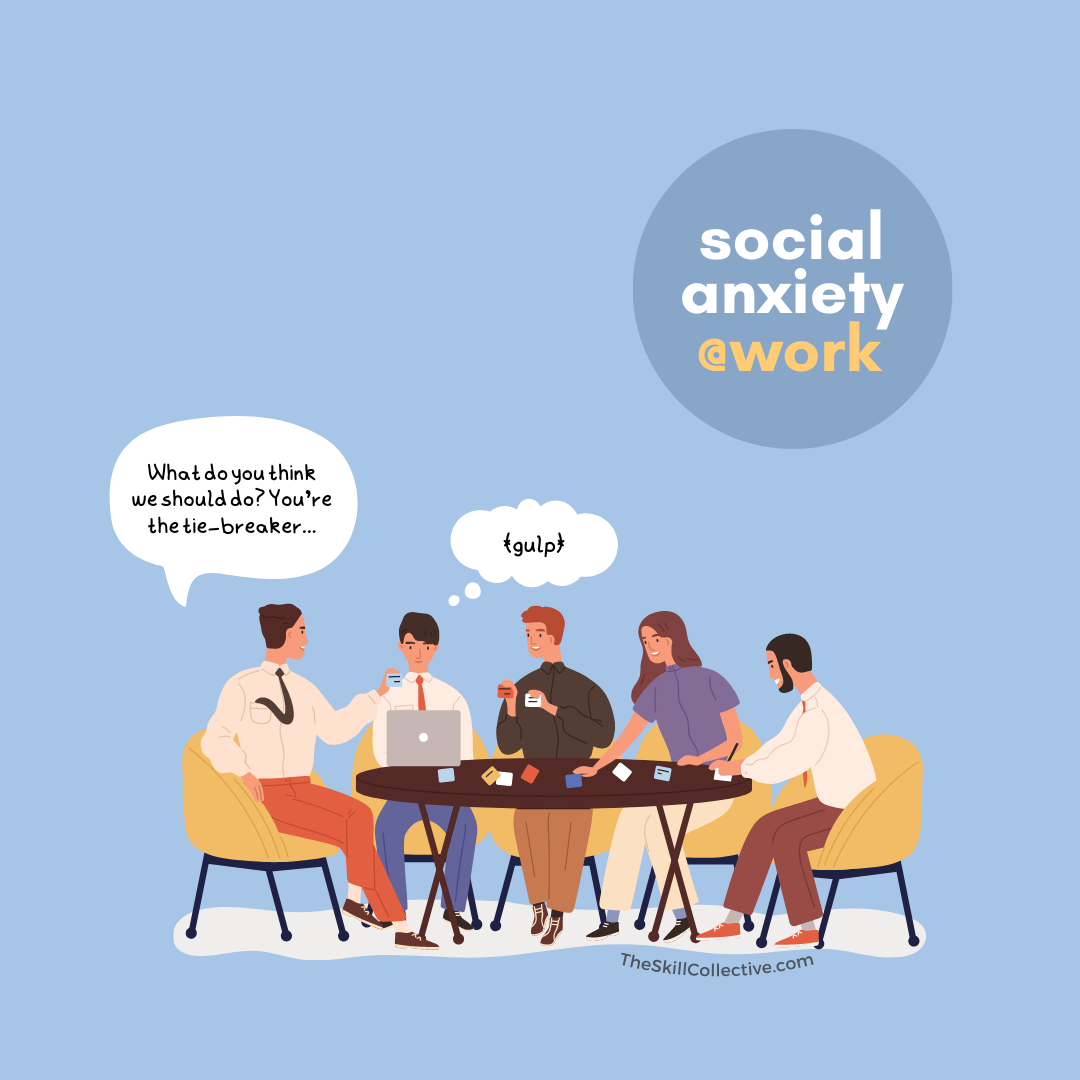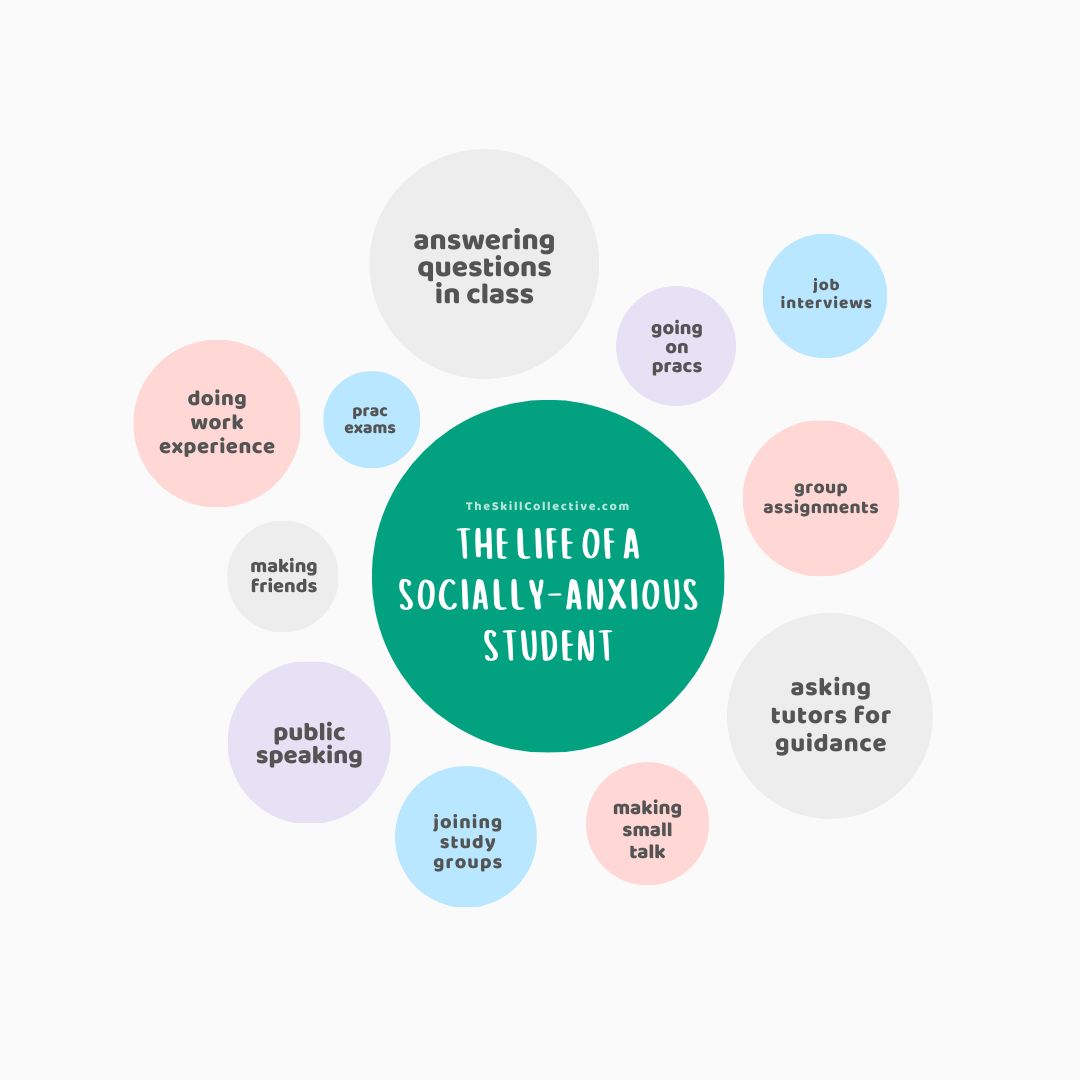Welcome to Part 2 in our Develop a Healthy Mindset series. In Part 1 : Review, Reset, Refocus we focused on starting the process of changing your mindset by:
Looking at those aspects of your thinking to keep and those aspects to change
Developing realistic expectations about what it takes to change your mindset
Planning ahead to anticipate changing your mindset and troubleshooting potentially tricky situations
Today we’re focusing on how you treat your thoughts. In an ideal world we would all be level-headed and reacted to situations in a reasonable manner. The reality, however, is that negative thoughts and biases can creep in all too easily. Aaron Beck, a hero of modern psychology, realised that not only do people often make mistakes in their thinking, but many of us are making the very same mistakes.
Below we've put together an infographic on ten common mistakes in thinking[1], examples of each of these, and even a FREE PRINTABLE at the end of this post for those folks who would like to print it and put it somewhere prominent as a reminder.
As you read through these thinking styles see if you can spot any that particularly ring true for you.
How thinking styles influence our mental health
1. Black and White thinking style There’s no middle ground when you see the world in black and white. You either ace the exam, or you’ve blown it as anything less that your target mark is a fail. If you’re trying to eat well, one burger means you’ve fallen off the wagon, and may as well not bother. One screw up by a friend means they’re not trustworthy.
2. Negative Filter One small negative outcome colours your entire view, and overrules all of the other positives that may be applicable. If you throw a dinner party and one friend makes one snide remark, you filter out all of the lovely things countless other friends said, and the fact that the overwhelming majority of your guests had fun, and just focus on that one remark.
3. Catastrophising Let’s be honest, who hasn’t done this once or twice? Catastrophising means blowing something all out of proportion, and making mountains out of molehills. All of this dramatises just how awful things are in comparison to the reality. For example, shortness of breath becomes an impending heart attack, a missed deadline becomes proof you’re about to get fired, or a speeding ticket becomes the end of the world.
4. Emotional reasoning You presume that just because you feel a certain way, that emotion must be an accurate reflection of reality. “I woke up feeling blah so I must look blah. I feel doubt therefore my boyfriend must be cheating. I feel unloved therefore nobody loves me” or “I feel so anxious about this flight it must mean that the plane is going to crash”.
5. Personalisation When things go wrong, instead of seeing all of the many factors that went into it, you make it personal, and see it as your fault. You suggest a picnic out with friends and it rains that day – you then beat yourself up for causing your friends to have a bad day because you’re the one that suggested a picnic on that particular day.
6. Shoulds and musts This goes beyond having standards, it’s applying those standards rigidly, no matter the context. There’s little room to move, “I must exercise three times a week because that’s what I’ve decided. My partner should listen to me because I know what I’m doing”. If your shoulds and musts aren’t met, disappointment and failure result.
7. Labelling Labelling can apply to yourself (“I dropped the glass, I’m so stupid!”). It can also apply to others (“She’s a drama queen, he’s a bad dad”). Rather than focusing on the action, you turn it into a character flaw. Even if you don’t say it out loud, say it in your head often enough and you’ll start to believe it.
8. Minimising Dismissing or undervaluing the positives. If you get a compliment you may wave it away and explain it to yourself as, “They’re just being nice”. If you have a win with something you may caution yourself, “Don’t forget that was just one win, you usually fail”. If you played a role in the success of a project you downplay your contribution, “I only did this one small part”.
9. Fallacy of fairness Presuming that other people and the world in general should follow your internal rulebook of what’s fair and what’s not. Got passed over for a promotion that you were perfect for? Your baby who reliably goes down for two naps a day has chosen to miss one today? There are plenty of times when life is unfair. Those of us who suffer most though, are the ones who cling to the idea that a fair life is something we have a right to expect.
10. Mind reading Sometimes, we don’t bother with facts, and instead just assume that this ‘must’ be what someone thinks. In awkward social situations you may catch yourself thinking “They think I’m inept”. At home you may supply your partners thoughts for them “I didn’t do the dishes, so she’s going to be stewing about how I don’t pull my weight around the house”.
Here’s a challenge for you – see if you can catch yourself using any of these thinking styles in the coming week.
[1] Beck, A. T. (1976). Cognitive therapies and emotional disorders. New York: New American Library.
Burns, D. D. (1980). Feeling good: The new mood therapy. New York: New American Library.













(Updated July 2023) Experiencing stress and burnout? The stressors of modern day and lifestyle challenges may be making things worse. Here’s what to do about it.